Breastfeeding benefits children's and mothers' health alike
Breast milk promotes healthy growth for babies, while lowering the risk of breast cancer and other health issues for mothers.
If you’re an expectant mother or you’ve recently given birth you’ve likely weighed the benefits and challenges of breastfeeding.
In almost all cases, Liz Diaz-Querol, MD, with Kaiser Permanente in Southern California, recommends breastfeeding.
“Breastfeeding will help ensure that your child can grow up healthy, and it will also lower your child's risk for sudden infant death syndrome. Additionally, it’s also likely to help protect your child from other health problems such as infections, obesity, and diabetes.”
Benefits beyond the child
The benefits of breastfeeding are not exclusively beneficial to the child, but also offer health benefits to the mother.
“Breastfeeding mothers are more likely to recover sooner from pregnancy, labor, and delivery,”
Dr. Diaz-Querol explained. “People who breastfeed are also more apt to lower their risk for certain serious health problems, such as breast cancer.”
According to Dr. Diaz-Querol, breast milk is the only food most babies need until about 6 months of age. Until then, babies don’t need to be given baby food, water, or juice, she noted. Dr. Diaz-Querol encouraged mothers to ask their doctors when they should start feeding their baby solid foods.
As your baby starts to eat other food, you are likely to gradually breastfeed less often, she explained. However, you should continue breastfeeding your child for as long as you and your baby want to. “Your baby will continue to get health benefits from breast milk past the first year.”
Who can breastfeed?
Almost all mothers of newborns are able to breastfeed. “Even if you have a health problem such as diabetes, or if you’ve had breast surgery, you can likely still breastfeed,” Dr. Diaz-Querol said. Only some women should not breastfeed, such as those who are HIV-positive or who have active tuberculosis.
If a mother is unable to breastfeed her child, Dr. Diaz-Querol recommends a conversation with the baby’s pediatrician to discuss alternatives.
Dr. Diaz-Querol encourages mothers not to give up quickly on breastfeeding, noting it’s a learned skill.
“You’ll get better at it with practice,” she explained. “My advice is to be patient with yourself and your baby. If you have trouble, doctors, nurses, and lactation consultants can all help. So can friends, family, and breastfeeding support groups.”
Kaiser Permanente offers valuable breastfeeding tips to mothers.
-
Social Share
- Share Breastfeeding Benefits Children’s and Mothers’ Health Alike on Pinterest
- Share Breastfeeding Benefits Children’s and Mothers’ Health Alike on Linkedin
- Share Breastfeeding Benefits Children’s and Mothers’ Health Alike on Twitter
- Share Breastfeeding Benefits Children’s and Mothers’ Health Alike on Facebook
- Print Breastfeeding Benefits Children’s and Mothers’ Health Alike
- Email Breastfeeding Benefits Children’s and Mothers’ Health Alike

July 18, 2024
Easy school lunch and snack tips
Ideas for healthy, delicious, and hassle-free snacks and lunches to keep …

July 11, 2024
Transforming education and mental health in Watts
Our investment in the Watts neighborhood of California, in partnership …

July 10, 2024
We help members lower their risk of heart attacks and strokes
A Southern California program, powered by our connected care model, is …
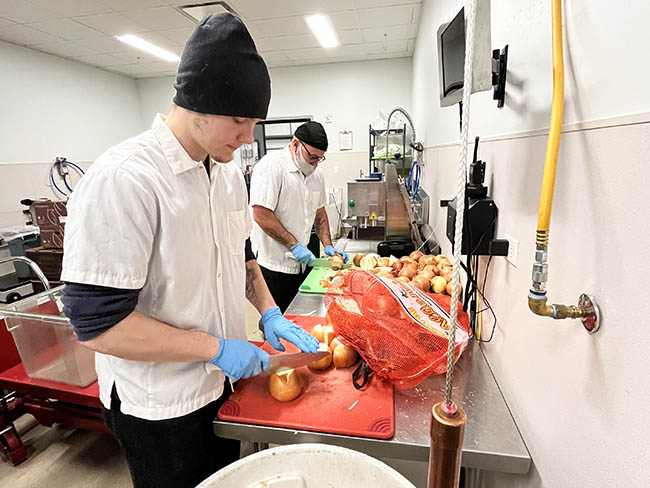
July 10, 2024
Grant to help make school lunches healthier for kids
Chef Ann Foundation will use $275,000 grant for Colorado program to convert …

July 9, 2024
Antiaging skin care … for kids?
Kids as young as 9 are using antiaging products. A Kaiser Permanente dermatolo …

July 8, 2024
How to talk to teens about skimpy clothing
HuffPost

June 28, 2024
Operation Splash makes a splash for safe summer fun
Kaiser Permanente is making waves this summer, ensuring that communities …
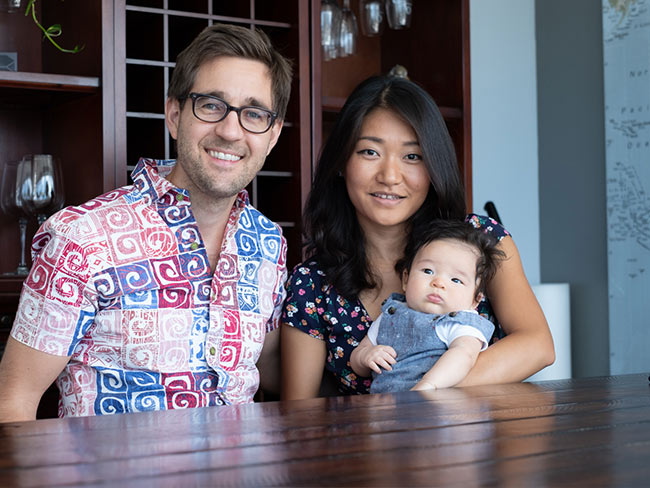
June 25, 2024
Prompt postpartum care saves a baby’s life
When a newborn was diagnosed with meningitis, a life-threatening infection …

June 17, 2024
A culture of caring eases a cancer journey
Exceptional, personalized radiation oncology care helped Maura Craig treat …

June 13, 2024
Conquered 2 cancers while climbing mountains
Chris Hogan faced kidney cancer and prostate cancer at the same time. He …

May 31, 2024
Stage 4 lung cancer: A story of hope
A young father is enjoying “bonus time” with his kids thanks to new targeted …

May 31, 2024
Inspiring students to take charge of their health
Kaiser Permanente and the Los Angeles Football Club will launch the second …

May 21, 2024
Surviving stage 4 lung cancer with immunotherapy treatment
Patients like Carol Pitman are living longer thanks to advances in lung …

May 17, 2024
A leader in LGBTQ+ health care equality
All 39 of our participating hospitals receive top marks again for welcoming …
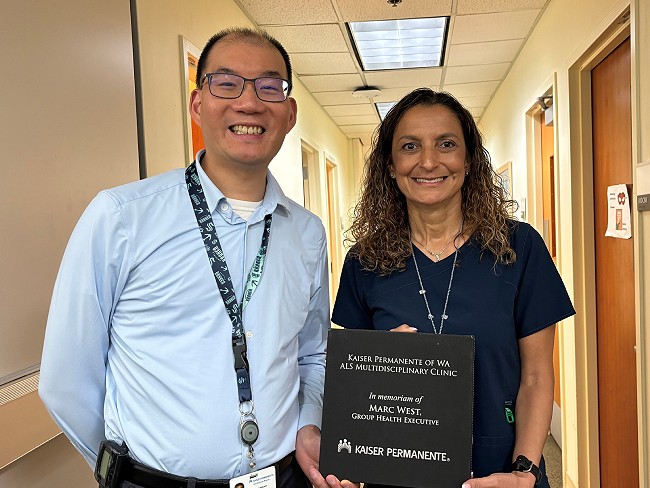
May 1, 2024
Tacoma ALS clinic recognized for high-quality care
Patients with amyotrophic lateral sclerosis, also called Lou Gehrig’s disease, …

April 17, 2024
5 common health conditions men don’t like to talk about
Some of the most common conditions affecting men carry a social stigma …

April 10, 2024
For a new mom, talking about her worries helped her heal
One in 5 people experience depression, anxiety, or other mental health …

April 9, 2024
Denver Fire Department annual blood work screenings triple
It’s easy to put off recommended health screenings, and sometimes even …

April 8, 2024
Reducing inequity with fruits and vegetables
Black Americans experience worse health outcomes compared to other populations …

April 1, 2024
Lynch syndrome: Managing the risk of hereditary colon cancer
Lynch syndrome is a gene mutation that increases colon cancer risk. Learn …

March 29, 2024
Faster recovery: From cardiac scare to exploring Italy
Virtual cardiac rehab helped Mike Kelly heal at home after a life-threatening …

March 20, 2024
Life after cancer: Surviving and thriving
A healthy life after cancer is possible. Learn how Kaiser Permanente helps …

March 14, 2024
Healthy kidneys support overall good health
Kaiser Permanente excels in preventing, detecting, and treating kidney …

March 14, 2024
Midwife offers personal care for mom facing complications
For Sam Beeson, having a midwife at her side during her pregnancy helped …

March 5, 2024
Researchers look for ways to find pancreatic cancer early
Early detection of the disease, before it becomes advanced, will increase …

February 26, 2024
What you need to know about colon cancer screenings
Screening for colorectal cancer is recommended for most people starting …

February 22, 2024
The journey of a lifetime
Care teams at Kaiser Permanente Fontana Medical Center helped Phillip Crawford …

February 21, 2024
From planning his funeral to celebrating his wedding
Gabriel Abarca had no hope for his future. Then the team at Kaiser Permanente …

February 21, 2024
Recovering at home after a double mastectomy
Innovative surgical recovery program helps breast cancer patients safely …

February 16, 2024
Is coffee or caffeine bad for kids?
Yahoo!

February 8, 2024
Road to heart health: Living well
You have only one heart. ‘Prescribe’ yourself a few changes to help protect …

January 17, 2024
How diabetes can affect your heart
People with diabetes are more likely to have heart disease.
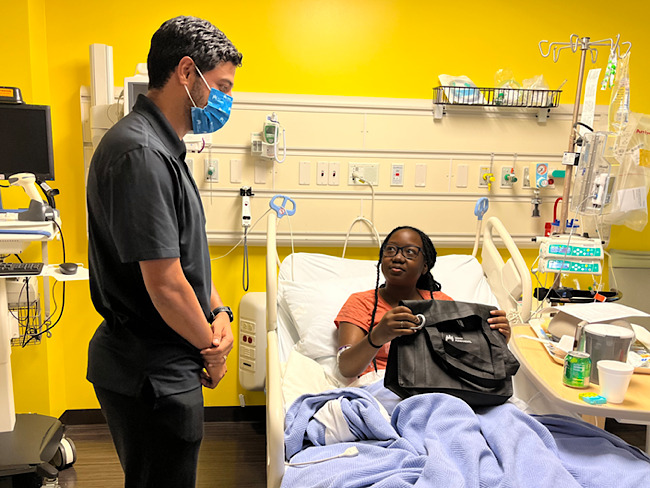
January 12, 2024
Cheering up hospitalized children
Los Angeles Football Club player Carlos Vela brings joy to Kaiser Permanente …

January 10, 2024
‘You don’t know unless you ask them’
Kaiser Permanente’s Patient Advisory Councils help us create exceptional …

December 19, 2023
Determined to drop the weight and stop the cycle of diabetes
Following a COVID-19-related hospital stay, Robert DeLeon took charge of …
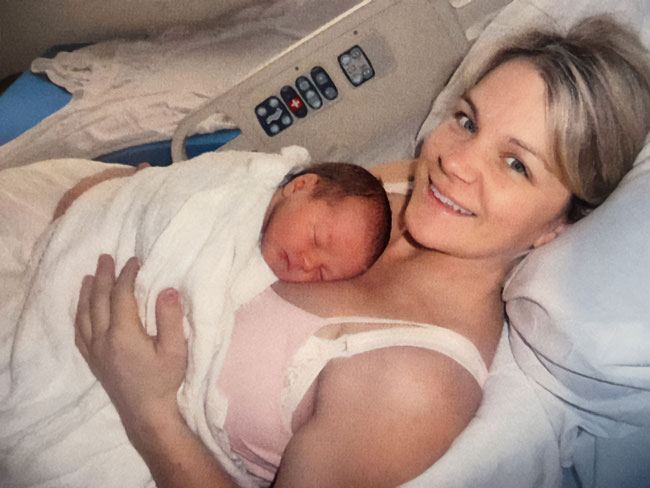
December 15, 2023
Family-centered care, through pregnancy and beyond
Members experiencing a low risk pregnancy have the option of having their …

December 15, 2023
Building healthy communities through play
Kaiser Permanente teams up with Los Angeles Football Club to build 5 futsal …

December 8, 2023
Inspiring a Wave of Wellness with youth
Kaiser Permanente and San Diego Wave Fútbol Club educated San Diego youth …

December 6, 2023
Video prenatal visits are a boon for a busy working mom
A new care option offers a mix of in-person and virtual visits, supported …

December 1, 2023
Surviving — and thriving — after cancer
From diagnosis to recovery, David Parsons, MD, shares how screening, treatment …
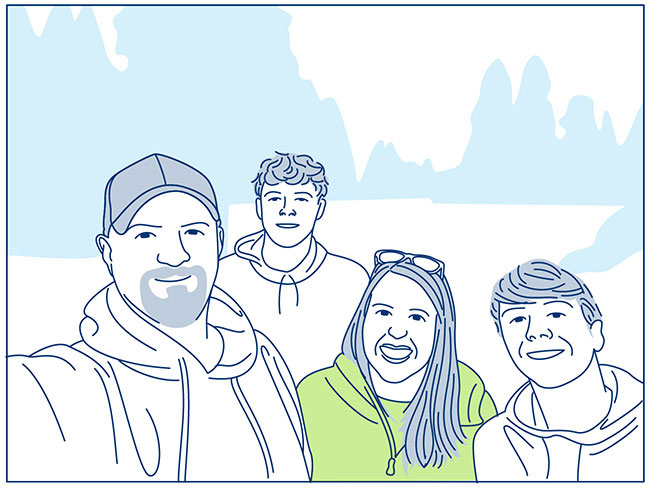
November 21, 2023
Surviving lung cancer as a nonsmoker
As a lifelong nonsmoker, Mariann Stephens was shocked to learn she had …

November 15, 2023
Spreading the truth about flavored tobacco and youth vaping
A youth vaping curriculum is making a difference.

October 27, 2023
Nearsightedness in kids: Taking a closer look
Nearsightedness, also known as myopia, is on the rise. To reverse that …
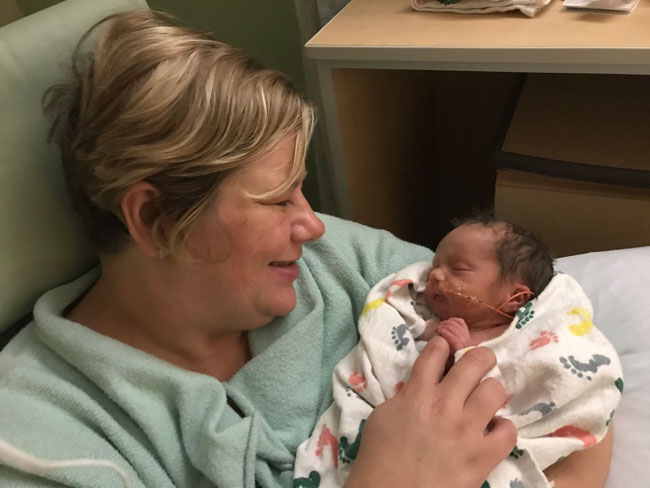
October 25, 2023
Critical care and support for our youngest patients
In Oregon, specialists and parents come together to design a specialized …

October 25, 2023
Breast cancer during pregnancy: Caring for mom and baby
A team of specialists treats an expecting mother’s cancer while keeping …

October 24, 2023
Childhood anxiety: What parents need to know
A child and adolescent psychiatrist shares tips on supporting your child …

October 23, 2023
A renewed sense of purpose after surviving breast cancer
Joy Short, a Kaiser Permanente member and employee, turned her breast cancer …

October 18, 2023
Hidden hazards of Halloween
Parents should take precautions to help their children avoid illness and …
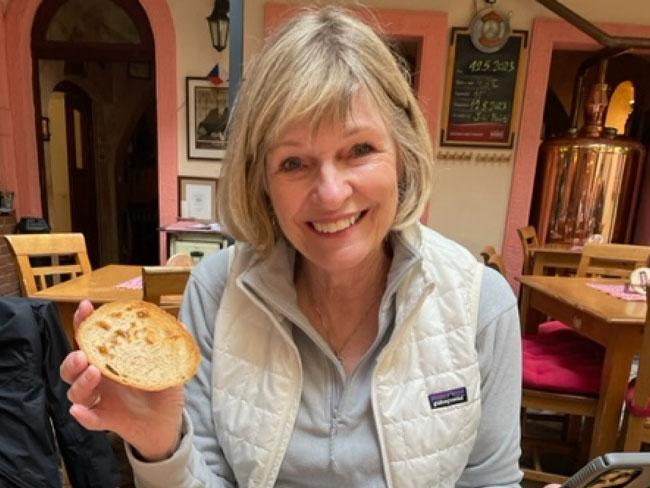
October 11, 2023
Early breast cancer detection improves quality of life
For 75-year-old Peggy Dickston, a surprise diagnosis was caught early thanks …

October 3, 2023
Nursing excellence recognized at Fontana Medical Center
The prestigious Magnet® designation affirms the compassion, dedication, …

September 29, 2023
2022 in review: A focus on equity, quality, and community
Our annual report shows how our dedicated employees and physicians provided …

September 20, 2023
Healing after a heart attack
For years, serious heart attacks meant hours of weekly appointments. Now, …

September 19, 2023
Is telehealth right for you?
Members give video visits high marks — and with a few simple tips, you …

August 17, 2023
Cancer research: The role of immunotherapy
Research and clinical trials play a vital role in advancing cancer treatment …

August 16, 2023
Cervical cancer screening: Exploring the at-home HPV test
Kaiser Permanente is at the forefront of cervical cancer research. Find …
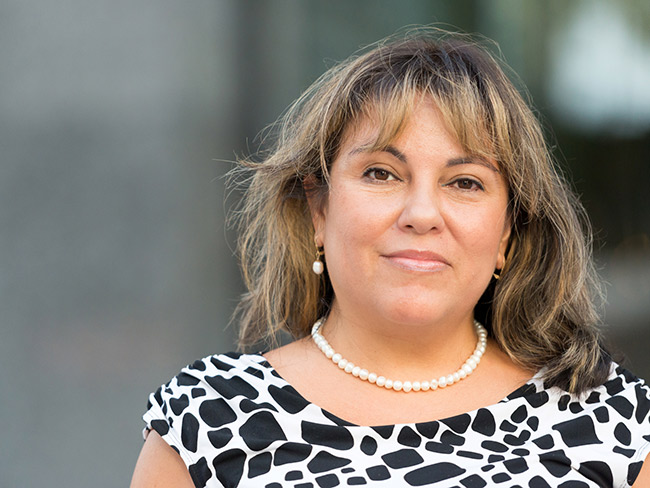
August 15, 2023
Screening for breast cancer: Mammogram guidelines
Mammograms can help detect breast cancer early, when it’s easier to treat. …

August 14, 2023
Tips for ensuring a safe and healthy college experience
Students should study up on their care options to ace their school experience. …

August 14, 2023
Marla’s story: Surviving acute promyelocytic leukemia
After a diagnosis for a rare type of blood cancer, Marla Marriott got high-qua …

August 10, 2023
Successfully navigating the school year
These tips from Don Mordecai, MD, Kaiser Permanente’s national mental health …

August 10, 2023
Highlighting our community health work in Southern California
The Kaiser Permanente Southern California 2022 Community Health Snapshot …

August 4, 2023
Eating well and adopting healthy habits helps prevent cancer
Learn how lifestyle medicine is part of cancer care at Kaiser Permanente.
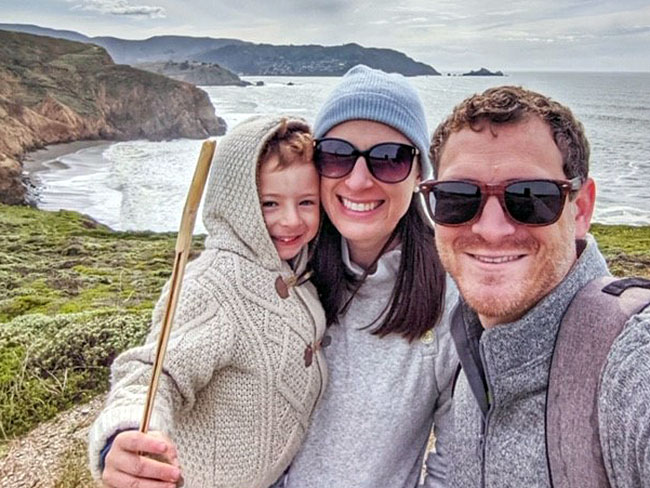
July 27, 2023
Courageously facing hereditary breast cancer
Fay Gordon's breast cancer was caught in the early stages thanks to genetic …

July 26, 2023
Can you get chemotherapy while pregnant?
Chemotherapy can be an option during pregnancy. Find out how Kaiser Permanente …

July 25, 2023
5 breastfeeding myths debunked
Tarayn Fairlie, MD, a pediatrician and lactation consultant, helps separate …

July 21, 2023
Thankful for every day after HPV-related cancer diagnosis
Michael West shares his incredible journey from diagnosis to treatment …

July 14, 2023
Breast reconstruction surgery after cancer
A Kaiser Permanente plastic surgeon explains breast reconstruction options …
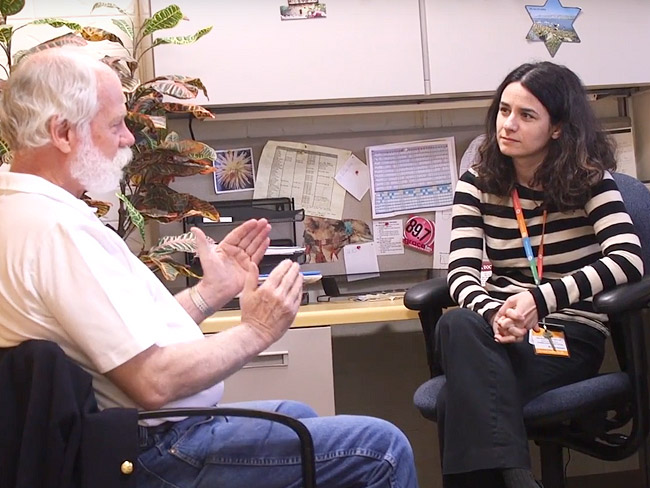
July 11, 2023
Cancer care for the body, mind, and spirit
Many people with cancer experience depression and anxiety. Mental health …

July 11, 2023
We deliver excellence for parents and babies
Our members are more likely to feed their babies breast milk. And they’re …

July 7, 2023
‘I am not the face of a heart attack’
Linda Tapia lives a healthy, active life, so she was stunned to be diagnosed …

July 3, 2023
A compassionate approach is saving lives and rebuilding hope
Kaiser Permanente Los Angeles Medical Center’s Bridge Program has become …
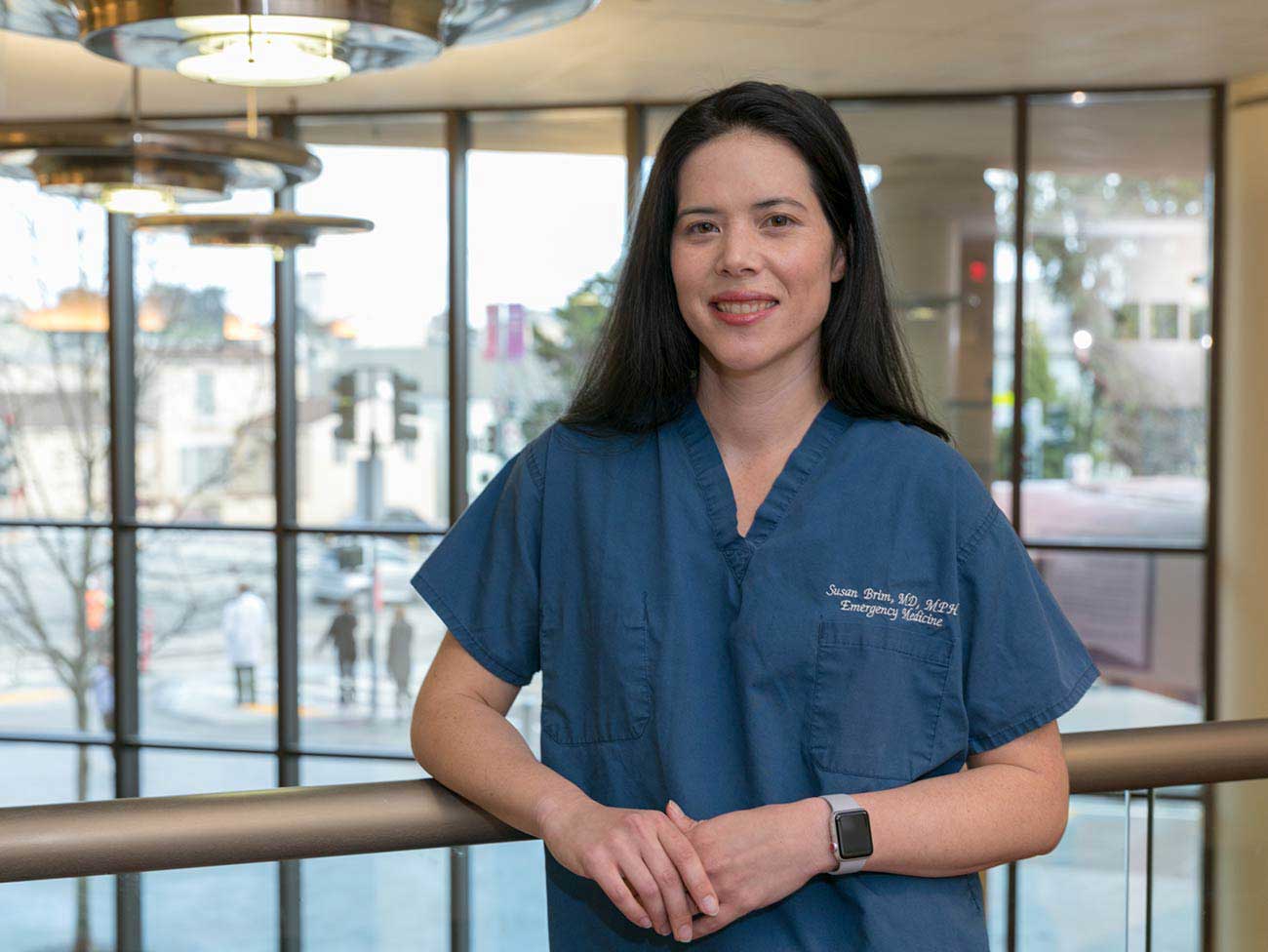
June 30, 2023
Lung cancer survivor received ‘pioneering’ care
Doctor and mother of 3 Susan Brim received top-notch care after her lung …

June 27, 2023
Comforting, personalized care for a kiddo with cancer
Carter Shaver from Portland, Oregon, shares his optimistic smile after …
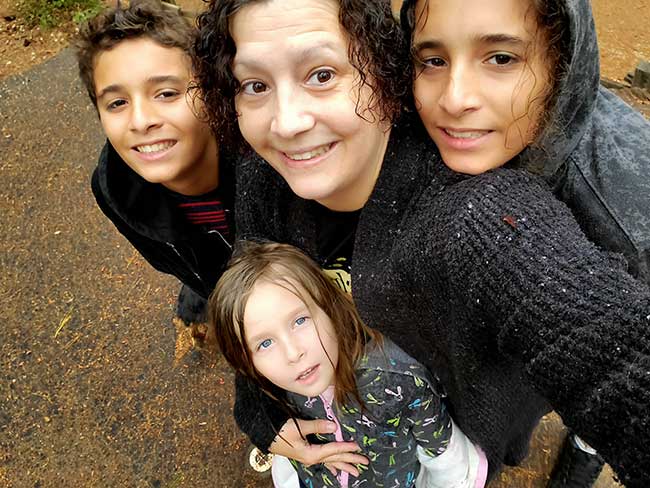
June 14, 2023
Living with stage 4 breast cancer
Thanks to personalized care from a team of skilled doctors, Christina McAmis …

June 6, 2023
COVID-19 vaccine: No serious side effects in young children
Kaiser Permanente researchers led analysis of large, diverse group of young …
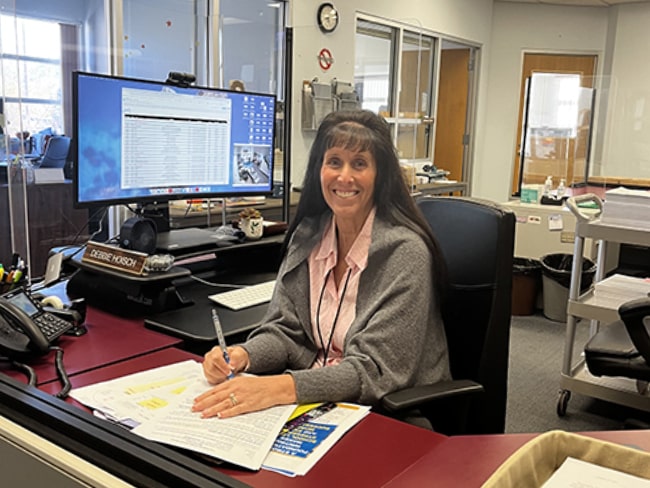
June 2, 2023
Worth knowing the warning signs
Kaiser Permanente member Debbie Hoisch encourages people to know the warning …

May 30, 2023
The healing power of shared cancer experience
Peer mentoring program matches new cancer patients with others who’ve gone …

May 18, 2023
The gold standard of nursing excellence
Kaiser Permanente Baldwin Park Medical Center achieves Magnet status, the …

May 9, 2023
School shootings provoke anxiety in many children
Child psychiatrist defines anxiety, its symptoms, how to address it, and …
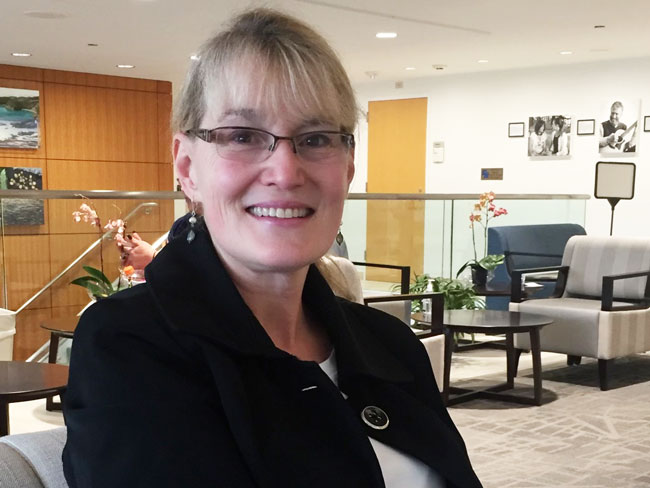
May 4, 2023
An unexpected cancer diagnosis
As a nonsmoker, Betty Schuldt’s stage 4 lung cancer diagnosis was surprising, …

May 2, 2023
Hawaii hospital named one of America’s best stroke centers
Kaiser Permanente Moanalua Medical Center recognized by the Women’s Choice …

April 14, 2023
The importance of screening for gestational diabetes
Gestational diabetes poses a significant risk to women of color, particularly …

April 7, 2023
Virtual care helps ease physical pain
Kaiser Permanente offers many high-quality, convenient options to help …
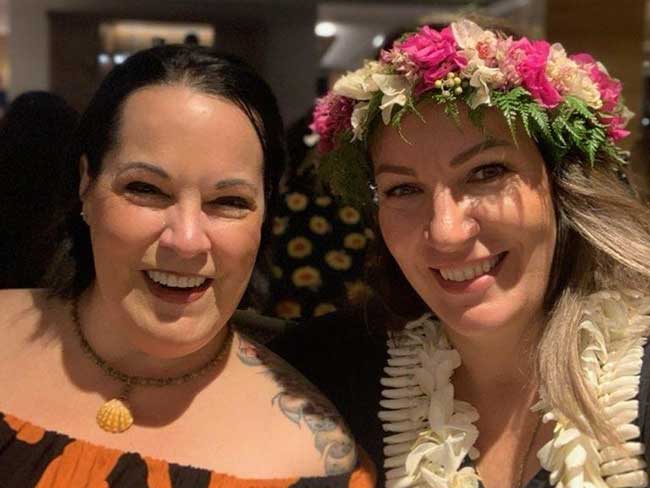
March 24, 2023
Finding hope after a mental health and addiction crisis
Treatment for bipolar disorder and opiate addiction helps a Kaiser Permanente …

March 14, 2023
Extra pounds put kids at higher risk for hypertension
Kaiser Permanente study shows even modest elevations in BMI above the “average …

March 13, 2023
Making waves with our first female sports ambassador
Kaiser Permanente in Southern California partners with San Diego Wave Fútbol …
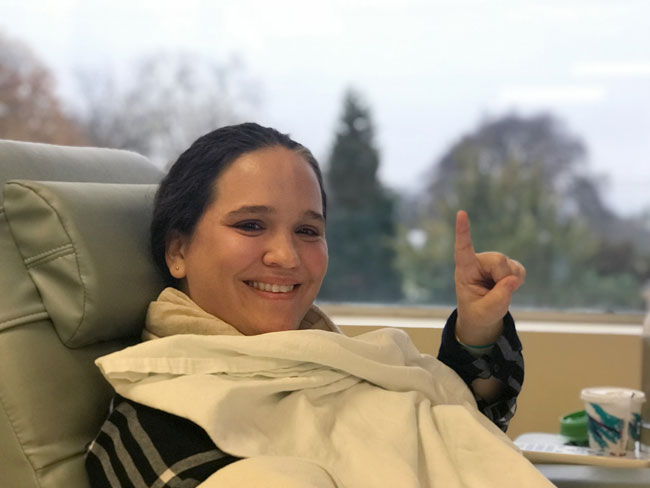
March 8, 2023
Named ‘Best Health Insurance Company' of 2023
A member’s cancer journey, which took her from patient to employee, reflects …

March 6, 2023
Living with long COVID
From avid snowboarder to chronically ill patient. How Kaiser Permanente …
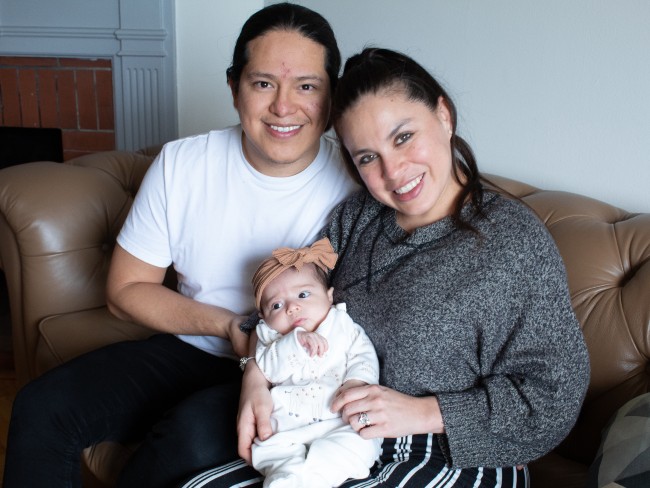
March 1, 2023
‘I am so grateful for life’
After a traumatic boating accident, Gabriela Curiel was airlifted to the …

February 23, 2023
Eating disorders on the rise among teens
Expert shares 5 valuable tips for parents and guardians to help children …

February 15, 2023
A new chapter for male patient with breast cancer
A multidisciplinary care team acted fast to help save the life of a Kaiser …

February 2, 2023
The gold standard of nursing excellence
Kaiser Permanente Ontario Medical Center achieves Magnet® status, the highest …

February 1, 2023
Her heart was telling her something wasn’t right
When a Kaiser Permanente member discovered she had an irregular heartbeat …

January 25, 2023
Awake brain surgery changed patient’s life
A Southern California member with Parkinson’s disease underwent deep brain …
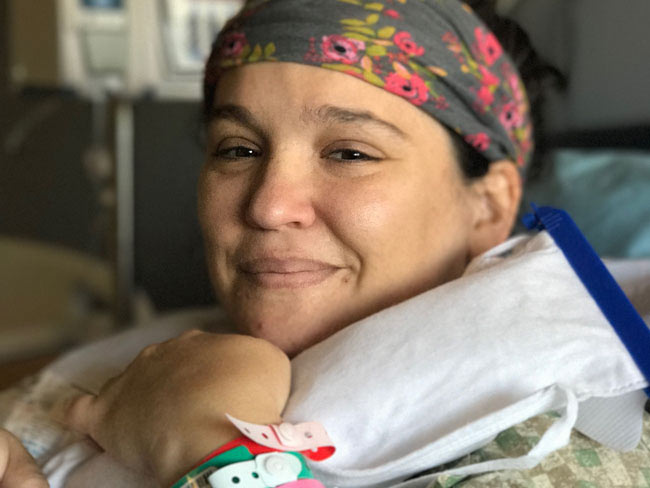
December 21, 2022
From cancer patient to cancer colleague
A Kaiser Permanente member’s cancer journey inspires her to join the team …

December 15, 2022
Helping provide teens a brighter future
Kaiser Permanente grants $150,000 to three community nonprofits.

December 8, 2022
How to manage holiday stress: Tips for the whole family
Experience the best of the season by following these tips from an adult, …

November 30, 2022
RSV: Parents’ top questions answered
An increase in cases of this common childhood illness has some parents …

November 14, 2022
It’s time to rethink health care quality measurement
To meaningfully improve health equity, we must shift our focus to outcomes …

October 11, 2022
Cycling into retirement after knee repair
Expert, compassionate care after orthopedic surgery helps speed up the …

October 5, 2022
Kicking unhealthy pandemic habits
Explore fresh ways to get motivated and incorporate wellness into your …